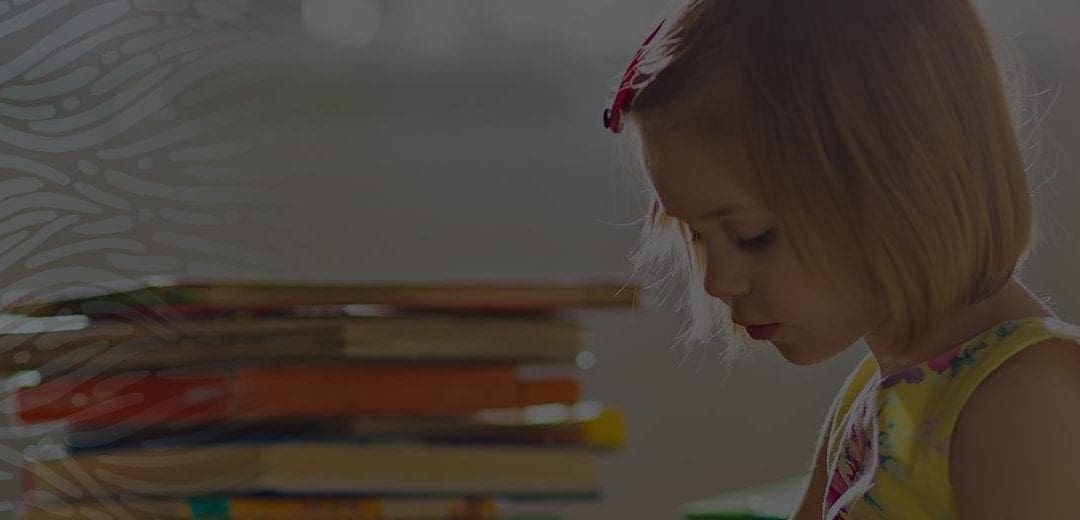Divorce is always difficult, and when the divorcing spouses are parents, it’s even more difficult – especially if there is a custody dispute. What are the various kinds of custody arrangements that are available to parents after a California divorce?
In most cases, with the help of a child custody law firm, if the divorcing parents can voluntarily reach their own agreement regarding child custody, a judge will sign off on that agreement, provided that it does not violate the “best interests” of the child.
WHAT IS A COURT’S TOP PRIORITY IN CASES INVOLVING CHILDREN?
In any California legal proceeding that involves a child, under California law, the best interests of the child must be the court’s top priority.

The problems emerge, as you might imagine, when the divorcing parents cannot voluntarily reach their own agreement regarding child custody. In this circumstance, the court may issue a custody order that is consistent with what the court believes is the best interests of the child.
Explained below are the various kinds of child custody arrangements that can be ordered by a California court.
HOW DOES JOINT LEGAL CUSTODY WORK?
In a joint legal custody arrangement, both parents can make decisions regarding a child’s residence, education, healthcare, religion, and more.
In some cases, both parents are given joint legal custody but may not have joint physical custody.
In this situation, the child lives primarily with one parent, and the other parent makes visitations.
WHAT ARE SOME OTHER TYPES OF CUSTODY ARRANGEMENTS?
The parent who has the decision-making authority over the child’s residence, education, healthcare, and religion is said to have “sole” legal custody. When both parents share this responsibility, as explained above, it is “joint” legal custody.
If one parent is given physical custody of the child, that parent is said to have “sole” physical custody. In a joint physical custody arrangement, each parent enjoys substantial time with physical custody of the child, even if that amount of time is not precisely equal for each parent.

Parents with joint physical custody should be able to agree to a custody-sharing schedule that takes their work obligations and the child’s own schedule into account.
WHAT IS PRIMARY PHYSICAL CUSTODY?
Some family law attorneys avoid using the terms “sole custody” and “joint custody.” Instead, they use the phrase “primary physical custody” to identify which parent has the day-by-day responsibilities for the child.
However, the law in California does not include the phrase “primary physical custody,” so it is important to be clear and to avoid any misunderstanding when you are speaking with your own family lawyer.
WHAT PRESUMPTION DOES THE LAW MAKE REGARDING CUSTODY?
A California court begins a child custody matter with the presumption that joint physical custody is the arrangement that is in the best interests of most children. The court then examines the evidence to decide if that presumption should be changed in this particular case for any reason.
In most California child custody disputes, the court awards joint physical custody to both parents unless the court can be persuaded that joint physical custody is not in the child’s best interests.
WHAT WILL CALIFORNIA COURTS CONSIDER IN A CUSTODY BATTLE?
What does a California court consider when it makes a child custody determination? The factors that a court will look at when making this decision include but are not limited to:
1. the distance between the residences of the parents
2. the level of cooperation or acrimony between the parents
3. any evidence of domestic abuse, drug or alcohol abuse, or criminal behavior by a parent

California law requires parents involved in a child custody dispute to attempt to resolve their differences through a formal mediation procedure.
WHAT IS MEDIATION AND HOW DOES IT WORK?
Mediation gives parents one final opportunity to reach their own agreement regarding custody. Mediation in a child custody case typically involves the following steps.
At the initial meeting with the mediator, he or she will get to know you and explain how the mediation process works. The issues in dispute are first identified and then discussed.
The mediator looks for opportunities to encourage the parents to agree. Mediators themselves do not recommend solutions, but instead, they help and gently prod the parents to find their own solutions.
If you are involved in a child custody dispute in California, or if you anticipate that you will be, it is vital to be prepared for mediation. Your family law attorney will help you prepare for the mediation sessions.
HOW DOES MEDIATION WORK BEST?
A child custody mediation works best when both parents can be flexible and when they are both open to alternative solutions to the custody dispute.
For many couples, mediation provides the solutions, but as you might imagine, some divorcing spouses simply cannot work together at all. For those parents, the court will order a child custody arrangement that is in the child’s best interests.
If you are a parent who is divorcing in southern California, or if you are anticipating a divorce or a child custody dispute, discuss your custody concerns, your rights, and your legal options at once with an experienced Oceanside Family Law attorney.

Your attorney will explain California’s custody laws and how they apply in your own circumstances. Your attorney can negotiate the custody matter with your spouse’s (or ex-spouse’s) attorney, and you may be able to avoid mediation or a court-ordered settlement.
HOW CAN A FAMILY LAW ATTORNEY HELP YOU?
But if no agreement can be reached with your spouse or ex-spouse in mediation or private negotiations, your attorney will explain to the judge why awarding your child’s custody to you is the solution that is in your child’s best interests,
It’s true what they say: divorce really is hardest on the children. That is one reason why, when the parents can resolve their disagreements without a court order, a divorce or a custody dispute can be just a little less distressing for everyone involved.
Before you file for a divorce in California or initiate a custody battle, talk with a family lawyer you can trust. Your attorney may have some suggestions or know of an option that hasn’t occurred to you.
Nothing, of course, is more important than your children and their future.
If you need legal help to protect your child’s future, get that help at once and speak to a qualified family law attorney. It’s your right as a parent, and it’s the right thing to do.
Schedule a complimentary consultation with us, please call (760) 722-7646 or complete our online contact form.






